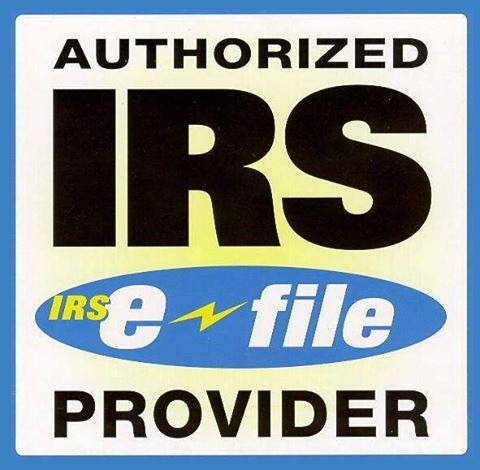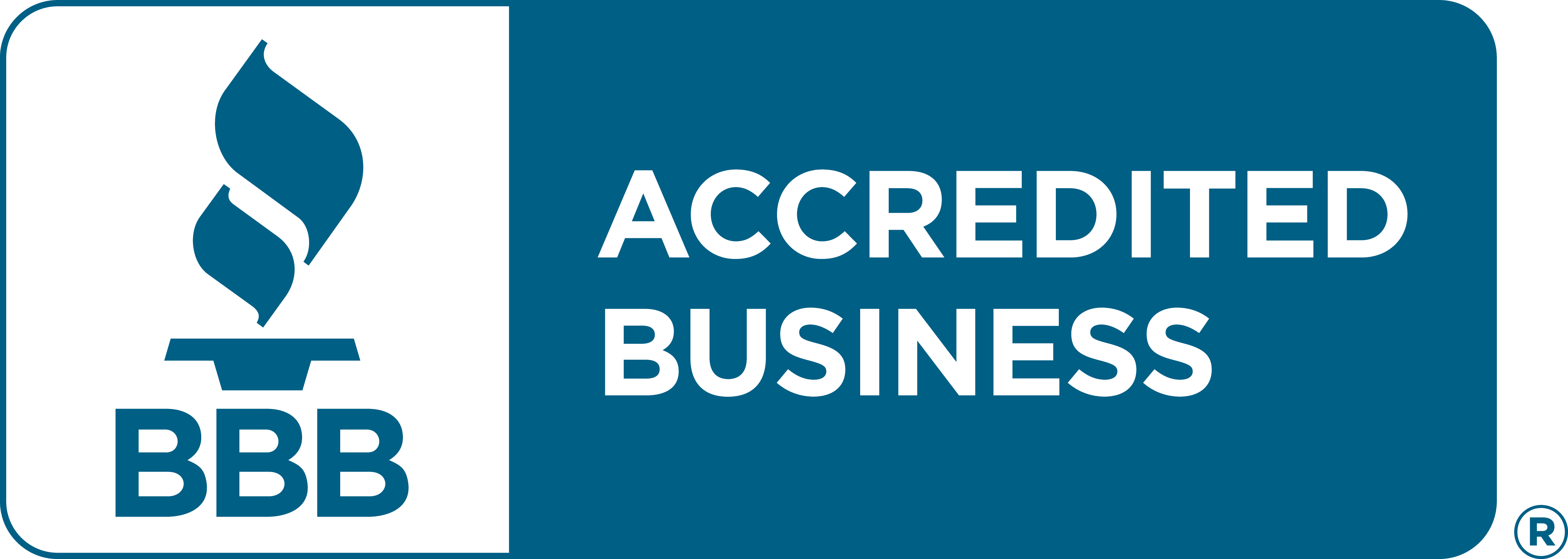FAQs - Form 2290
Here are some common questions you may have about Form 2290
What is a taxpayer PIN in Form 2290?
A taxpayer PIN could be any 5-digit number (except all zeros), which will act as an electronic signature for your Form 2290. Please make sure you remember the PIN you're entering after completing the filing process.
What information is required to e-file Form 2290?
Below is the information required to e-file Form 2290:
- Vehicle's first-used month
- Vehicle's VIN and taxable gross weight
- Business information such as name, EIN, and address
What is a third-party designee in Form 2290?
A third person is someone, such as an employee, whom you assign to discuss your Form 2290 with the IRS. If you wish to assign someone to discuss your form with the IRS, you can add their information, such as name and phone number.
What is the first used month?
The first used month is the month when the heavy vehicle first operated on a public highway in the tax year. Form 2290 deadline will be calculated based on the vehicle's first used month.
What are taxable vehicles in Form 2290?
Highway motor vehicles with a taxable gross weight of 55,000 or more and operated on public highways more than 5,000 miles (7,500 miles for agricultural vehicles) are considered taxable vehicles.
Based on the vehicle's taxable gross weight, HVUT tax will be calculated.
What is a VIN?
The vehicle identification number (VIN) is 17 characters, which is a combination of numbers and alphabets. You can get the VIN from the registration, title, or your vehicle.
What is the gross weight of the vehicle?
The taxable gross weight of a vehicle includes the following:
- The actual unloaded weight of the vehicle when it is fully equipped and ready for service.
- The actual unloaded weight of any trailers or semitrailers that are typically used together with the vehicle and are fully equipped for service.
- The weight of the maximum load that is usually carried on both the vehicle and any trailers or semitrailers that are typically used together with the vehicle.
What is a logging vehicle?
A vehicle that is exclusively used for transporting products, such as timber, harvested from forests, and used over public highways is considered a logging vehicle.
What is an agricultural vehicle?
A vehicle that is exclusively used for farming purposes, i.e., contributes directly to agricultural production or in any way to the conduct of a farm, is considered an agricultural vehicle.
What are suspended vehicles?
Heavy vehicles that don't cross 5,000 miles (7,500 miles for agricultural vehicles) in a tax year are considered suspended vehicles. You are not required to pay taxes for suspended vehicles but are required to report them in your Form 2290.
When should I report prior-year suspended vehicles in Form 2290?
If you have reported heavy vehicles as suspended during the previous year, but they exceeded the mileage limit or have been sold or transferred, you will need to report them in your Form 2290.
What are credit vehicles, and when should I report them in Form 2290?
If you have reported taxable vehicles in your previous return and paid tax but want to claim credits due to any of the reasons, such as the vehicle is sold, destroyed or stolen, or driven for low mileage, you can report it in your Form 2290 and claim tax credits.
How long does it take for the IRS to accept my Form 2290?
The IRS will process your returns instantly, and you will get the stamped Schedule as soon as the IRS accepts it. However, the processing time might take longer, up to 48 hours, based on the return volume the IRS received.
I have reported my VIN incorrectly. What should I do?
Don't worry. You can file a VIN correction for Form 2290 with the IRS using TaxZerone for FREE.
If I'm leasing my truck to someone, who is responsible for paying and filing the HVUT?
When you lease your truck to someone, a company or an individual, the responsibility for paying and filing the Heavy Vehicle Use Tax (HVUT) falls on the person or entity that is operating the truck, which is often the lessee.
In most cases, the lessee is responsible for paying and filing HVUT for the heavy vehicle as they operate the truck on public highways. If the lessee doesn't have an EIN, they can apply for it and then file Form 2290 with the IRS.
However, it's crucial to have a clear and detailed lease agreement that specifies the responsibilities of both parties, including who is responsible for taxes, permits, insurance, maintenance, and other aspects of truck ownership and operation.





